Use of Spatulas in Laboratories: Types, Materials, and Areas of Application

Laboratory spatulas are a type of laboratory equipment commonly used for transferring, mixing, and spreading small amounts of chemicals, powders, and liquids. They are typically made of stainless steel, but can also be made of plastic, ptfe or other materials depending on their intended use.
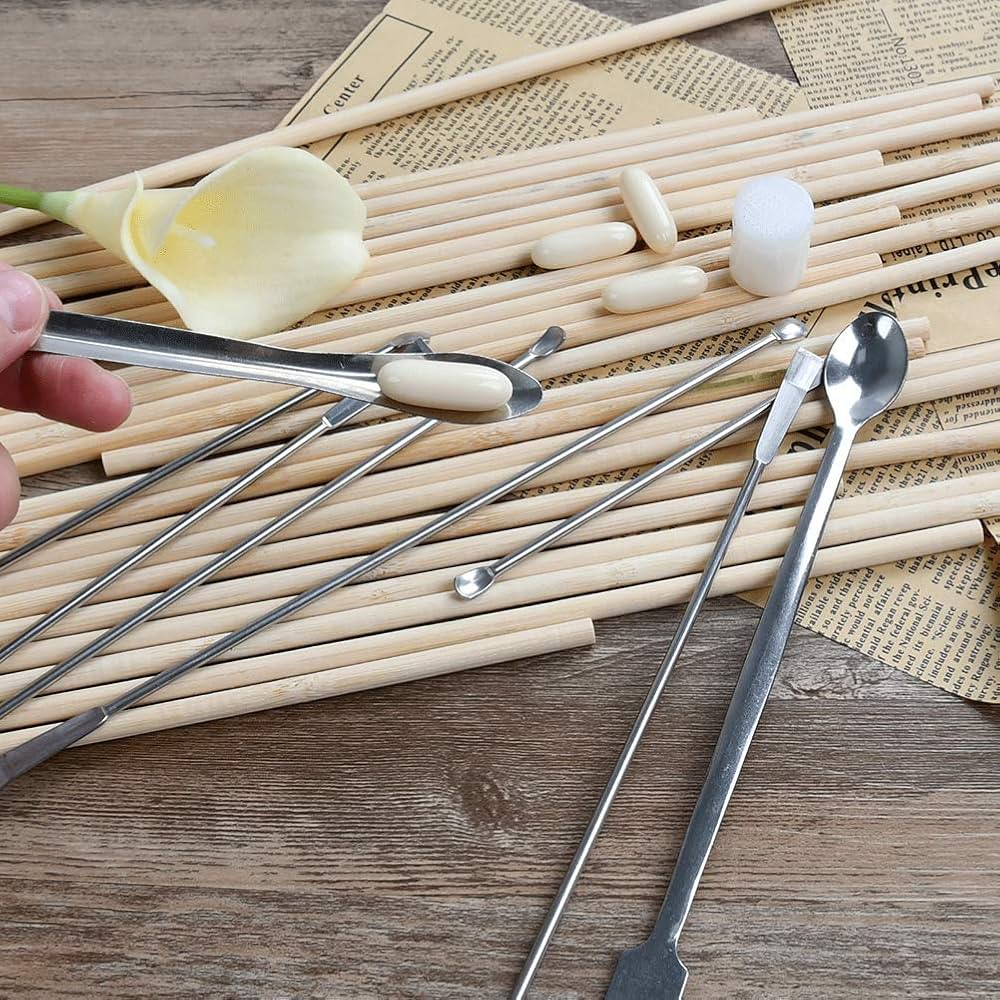

A porcelain spatula is a tool commonly used in laboratories or artistic applications, characterized by a flat and thin structure. Made of porcelain, it is durable and resistant to chemical substances. It is generally used for mixing, transporting, or applying materials. It is particularly preferred in chemistry laboratories for taking samples or mixing reagents. Additionally, it can also be used in ceramics and other artistic works.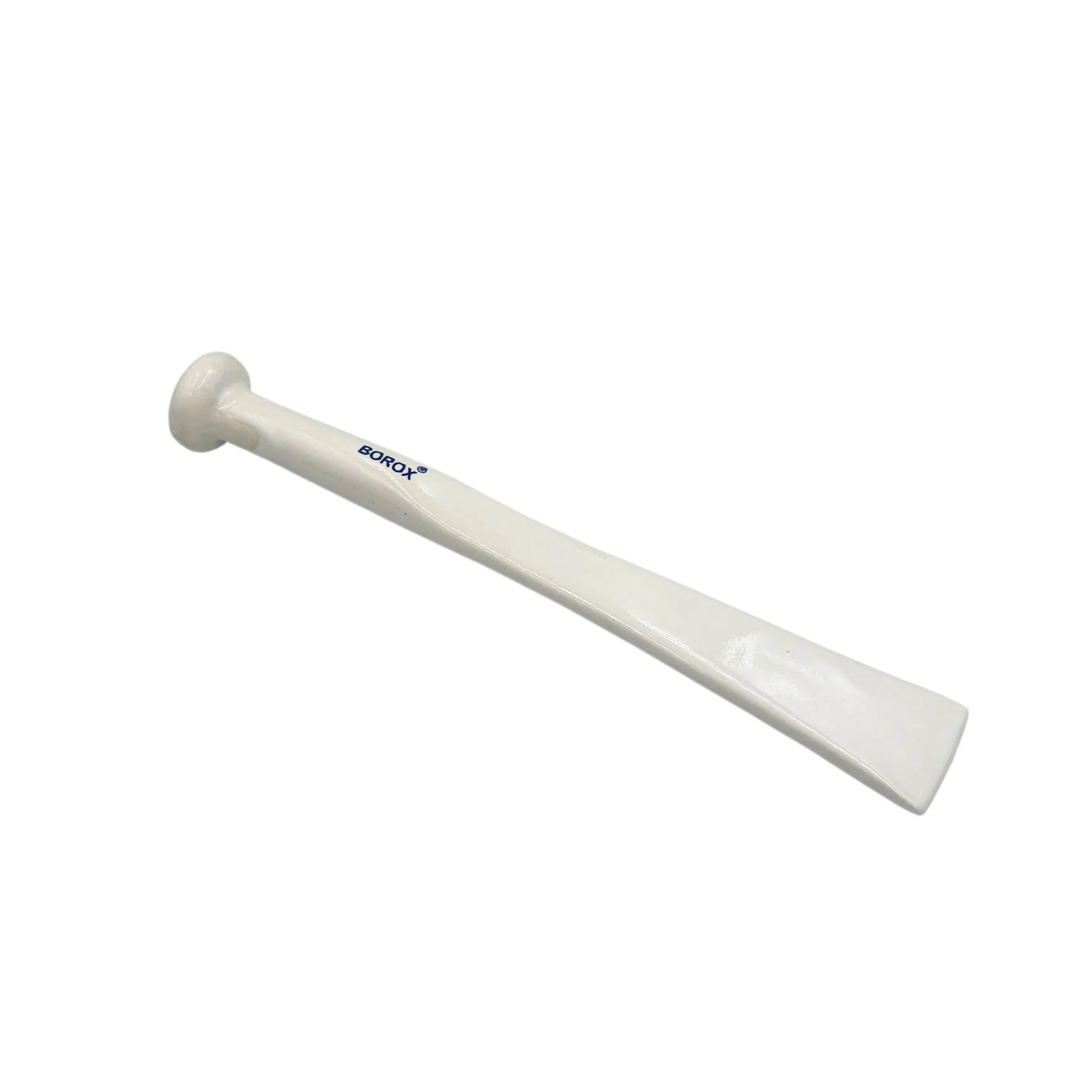

Plastic spatulas are the most economical type of spatula. They are generally lightweight and practical tools used in laboratories, kitchens, or artistic applications.
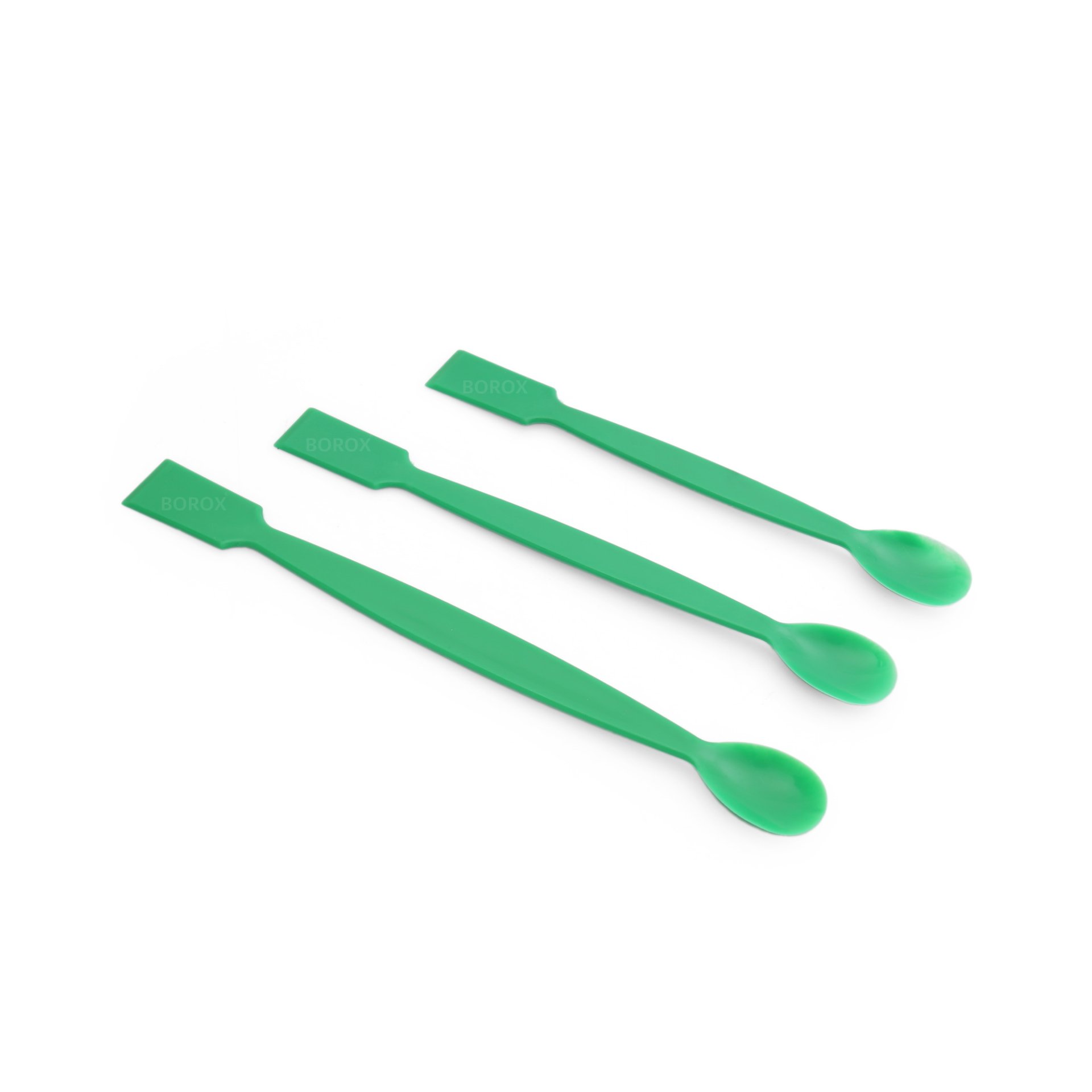
A wooden-handled spatula is a type of spatula with one end flat or slightly inclined, connected to a wooden handle on the other end. It is commonly used in laboratories, kitchens, or artistic applications. The wooden handle provides a good grip for the user and is generally resistant to chemical substances.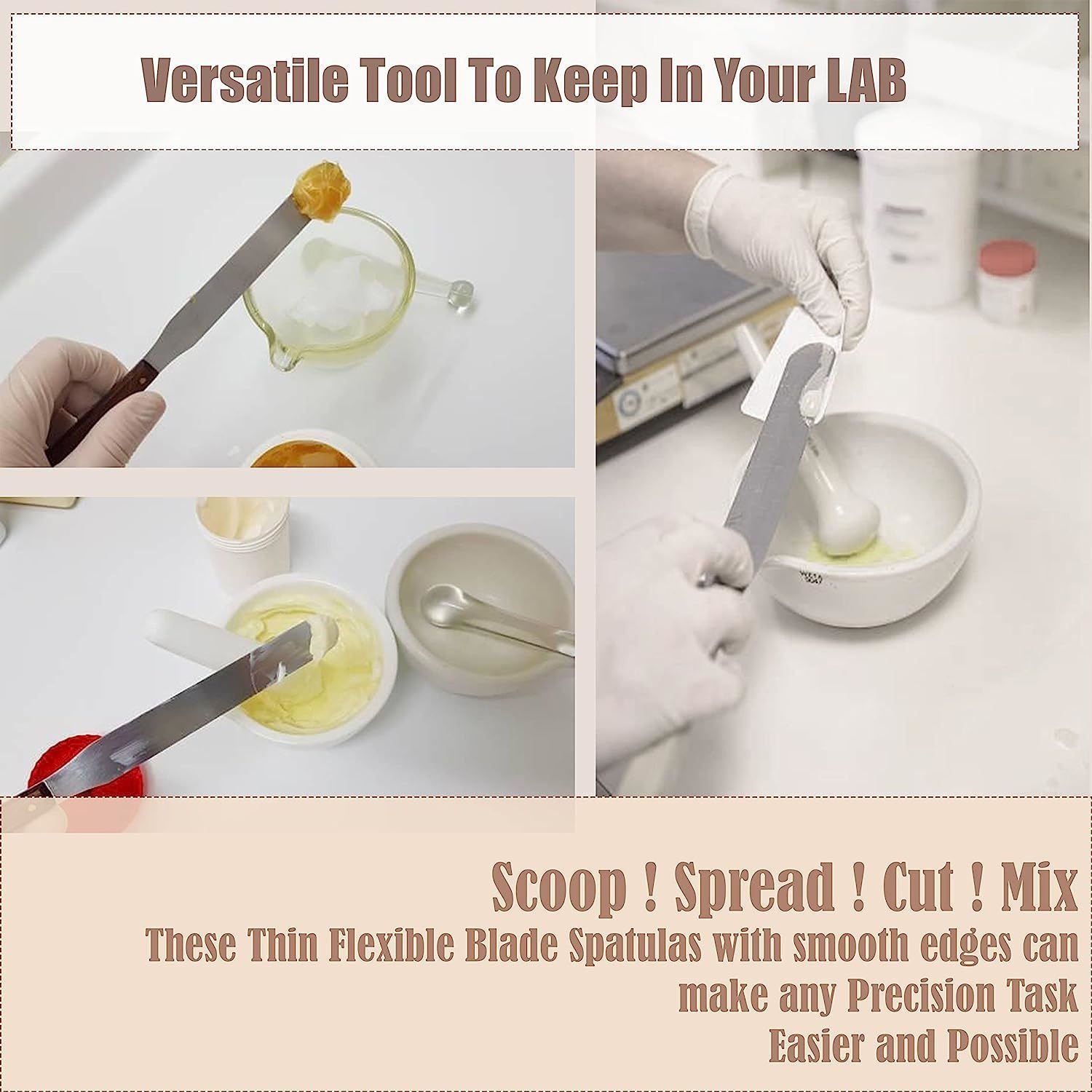
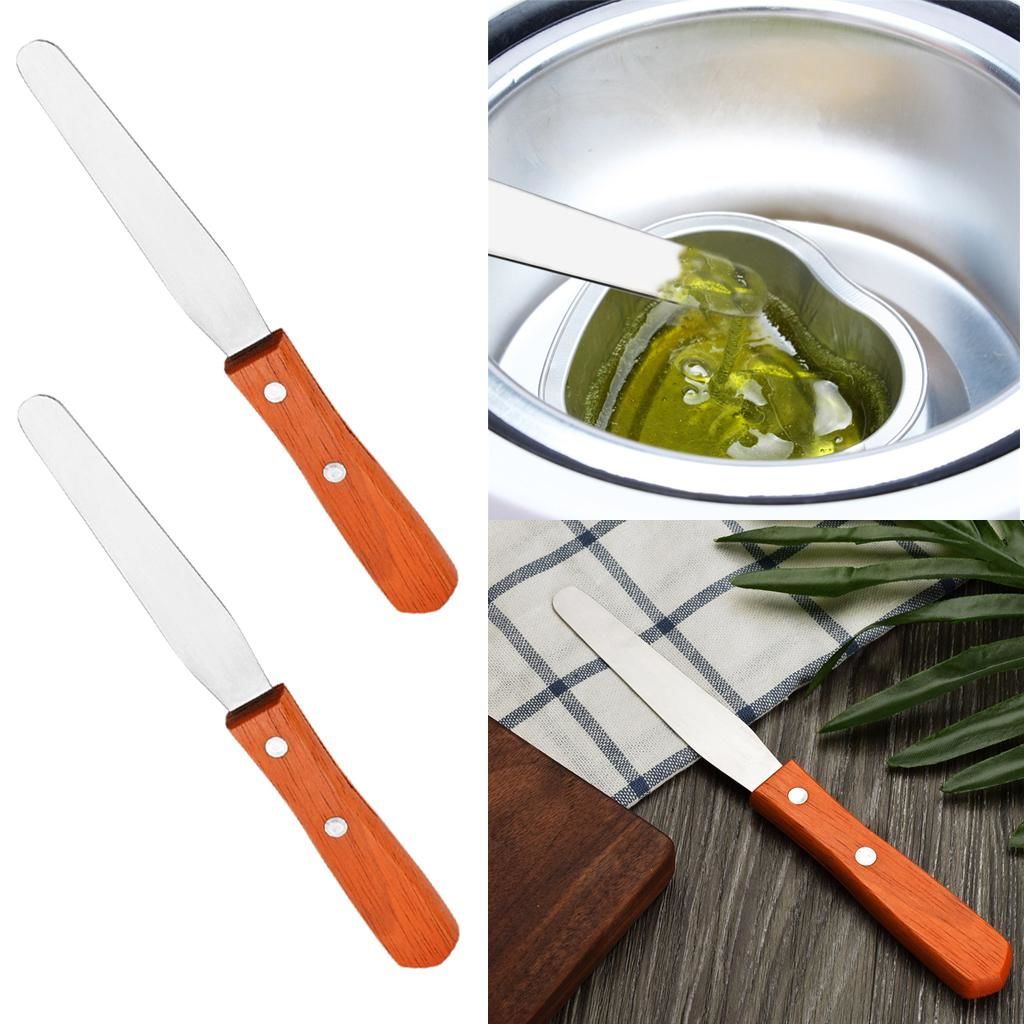
Laboratory spatulas come in various shapes and sizes, but the most common types are the flat spatula and the spoon spatula. The flat spatula has a thin, flat end that is used for scraping and transferring small amounts of powders or solids. The spoon spatula has a rounded spoon end on one side and a flat spatula end on the other, which allows for easy mixing and transfer of both powders and liquids.
In addition to the flat and spoon spatulas, there are also specialty spatulas with different shapes and features to suit specific laboratory needs. For example, micro-spatulas are very small and are used for transferring minute quantities of materials, while spatulas with a bent or angled end are used for reaching into tight spaces or for mixing at an angle.

Spatulas are typically made of stainless steel, which is resistant to heat and cold, acids, bases, solvents, and other chemicals. Metal spatulas may also have permanent or removable wooden or polymer handles.
They are also used for mixing, stirring, and spreading materials on surfaces, such as petri dishes or slides. They are an essential tool for laboratory work and are often sterilized between uses to prevent contamination of samples or experiments.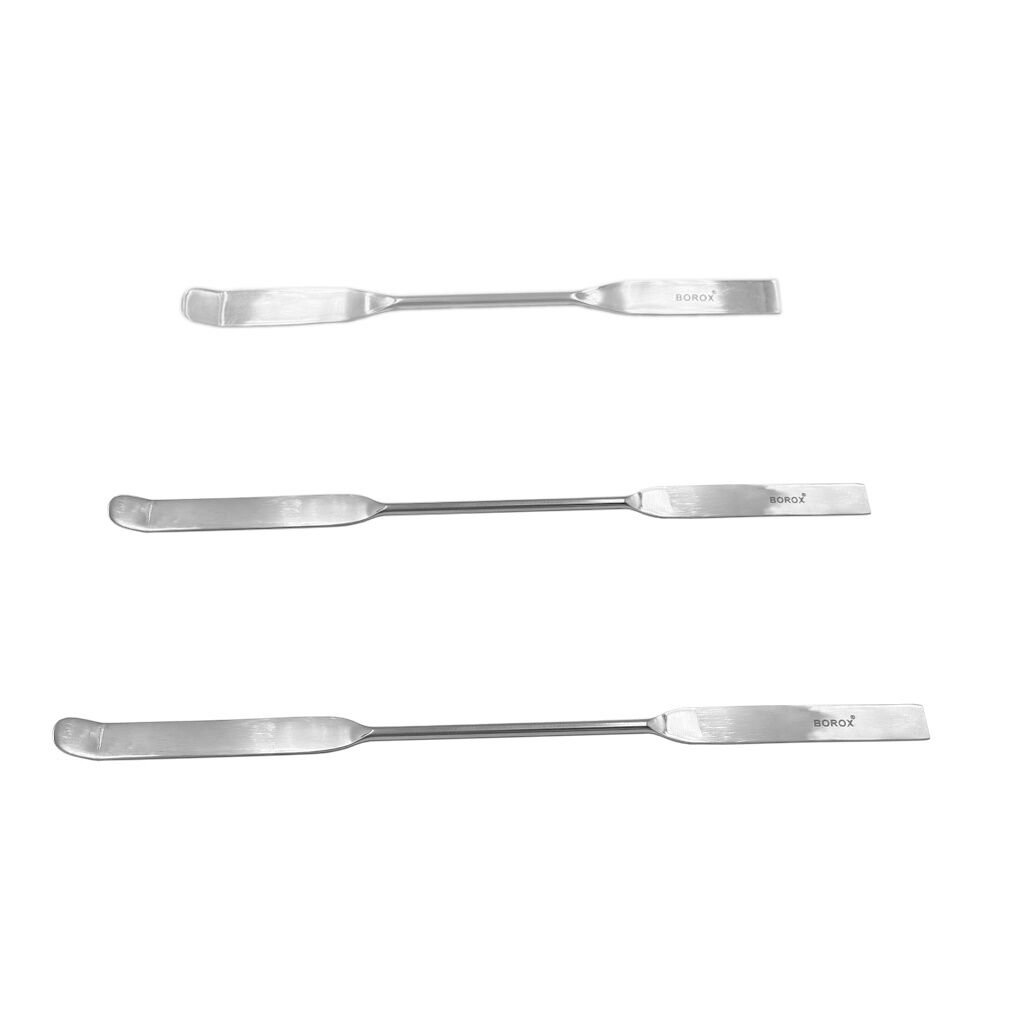
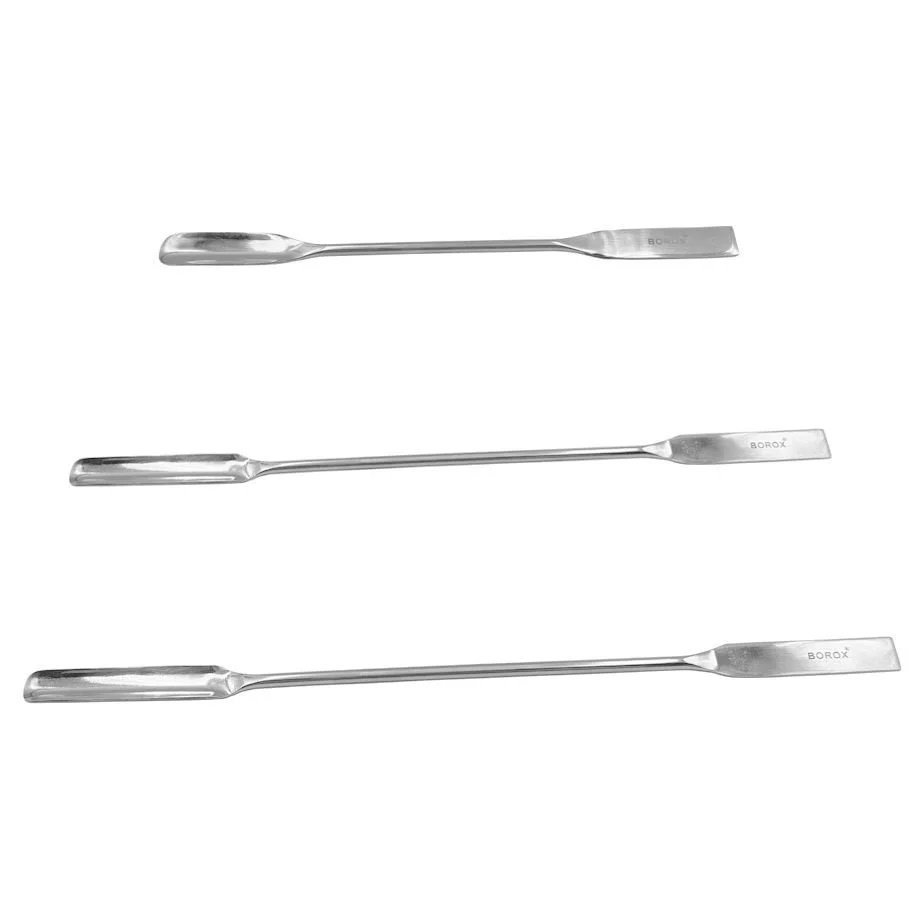
Maintaining laboratory spatulas properly is essential for their longevity and functionality. Store them in designated containers or racks, ensuring they're not in contact with reactive substances or other metals that might cause reactions.
Borox is a leading supplier of spatulas of different materials and shapes. For more information, please check our website.
